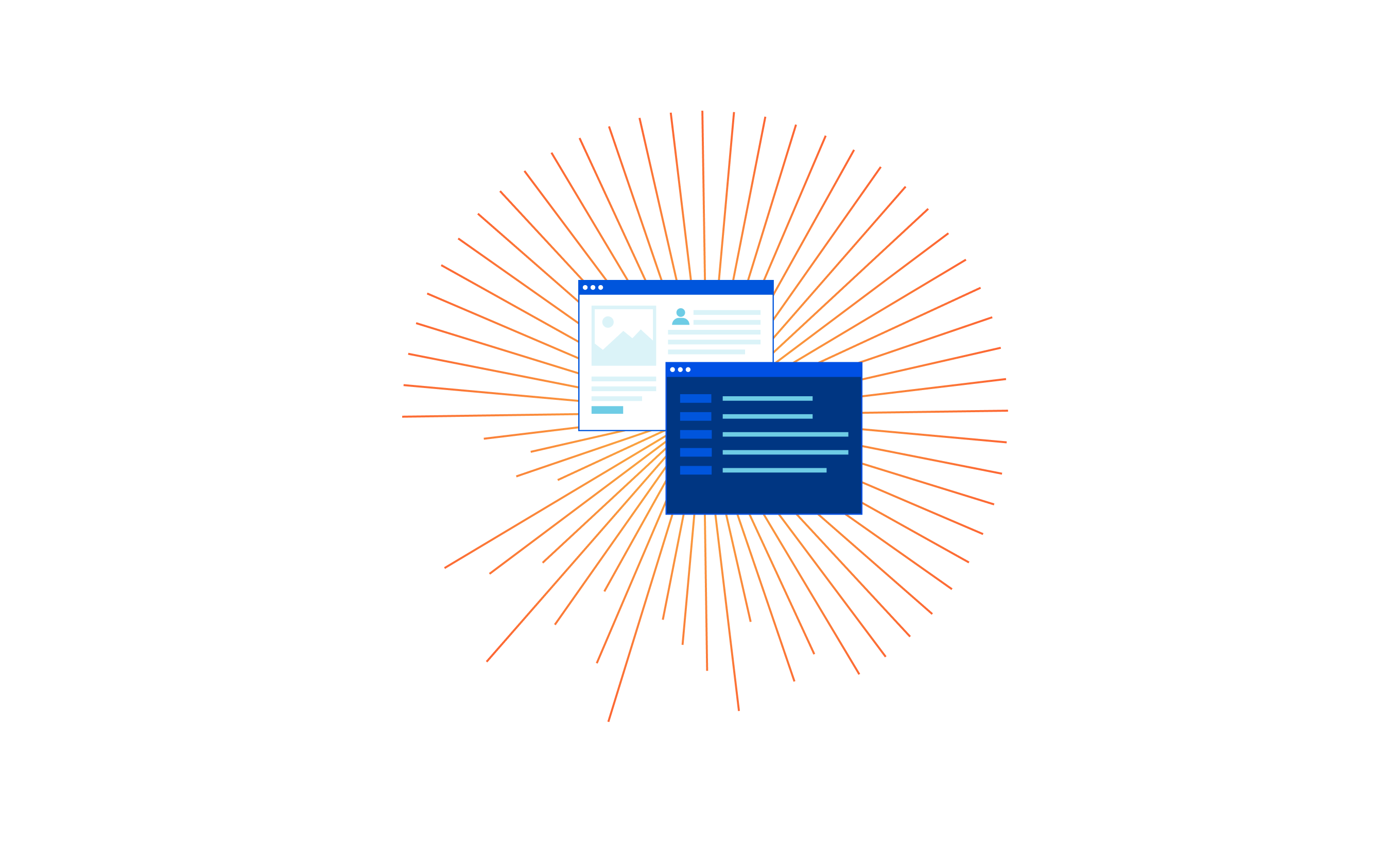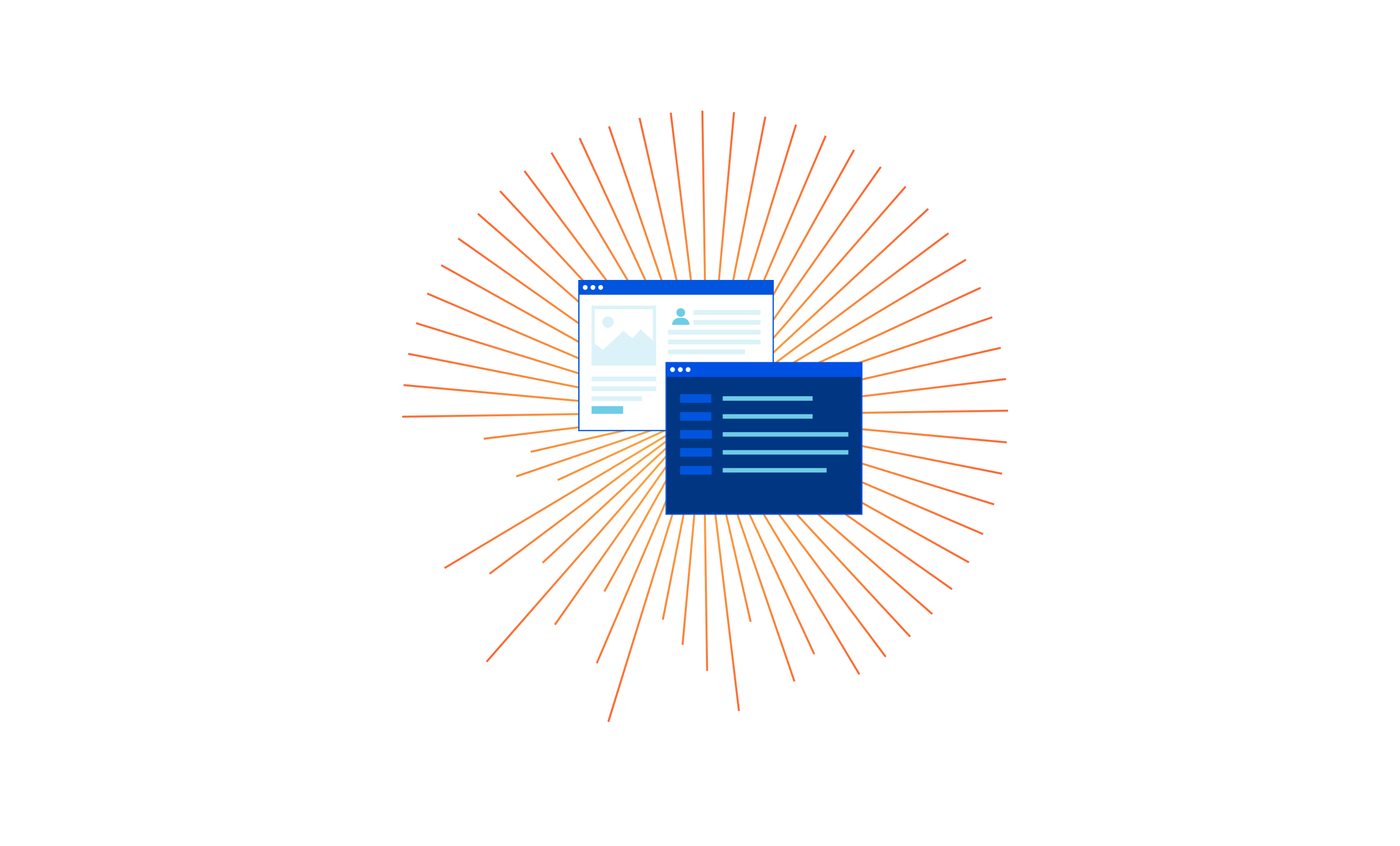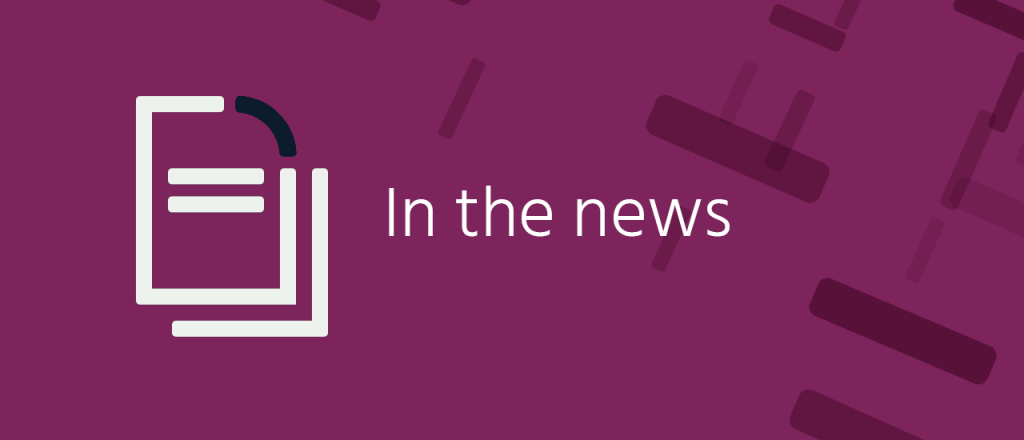Workers KV – free to try, with increased limits!


In May 2019, we launched Workers KV, letting developers store key-value data and make that data globally accessible from Workers running in Cloudflare’s over 200 data centers.
Today, we’re announcing a Free Tier for Workers KV that opens up global, low-latency data storage to every developer on the Workers platform. Additionally, to expand Workers KV’s use cases even further, we’re also raising the maximum value size from 10 MB to 25 MB. You can now write an application that serves larger static files directly or JSON blobs directly from KV.
Together with our announcement of the Durable Objects limited beta last month, the Workers platform continues to move toward providing storage solutions for applications that are globally deployed as easily as an application running in a single data center today.
What are the new free tier limits?
The free tier includes 100,000 read operations and 1,000 each of write, list and delete operations per day, resetting daily at UTC 00:00, with a maximum total storage size of 1 GB. Operations that exceed these limits will fail with an error.
Additional KV usage costs $0.50 per million read operations, $5.00 per million list, write and delete operations Continue reading
Tech Bytes: Protecting Remote Workers From VPN Risks With Zscaler (Sponsored)
Many companies use VPNs to protect their distributed workforce. But VPNs present their own security challenges, from compromised clients to insecure VPN servers. Sponsor Zscaler explains how its cloud-based security service can provide safe, high-performance remote access. Our guest is Lisa Lorenzin, Director, Transformation Strategy at Zscaler.Tech Bytes: Protecting Remote Workers From VPN Risks With Zscaler (Sponsored)
Many companies use VPNs to protect their distributed workforce. But VPNs present their own security challenges, from compromised clients to insecure VPN servers. Sponsor Zscaler explains how its cloud-based security service can provide safe, high-performance remote access. Our guest is Lisa Lorenzin, Director, Transformation Strategy at Zscaler.
The post Tech Bytes: Protecting Remote Workers From VPN Risks With Zscaler (Sponsored) appeared first on Packet Pushers.
Upcoming Webinar: Network Troubleshooting

I’m teaching a webinar on troubleshooting theory on the 20th; register here. From the course description:
This training focuses on the half-split system of troubleshooting, which is widely used in the electronic and civil engineering domains. The importance of tracing the path of the signal, using models to put the system in context, and the use of a simple troubleshooting “loop” to focus on asking how, what, and why are added to the half-split method to create a complete theory of troubleshooting. Other concepts covered in this course are the difference between permanent and temporary fixes and a review of measuring reliability. The final third of the course contains several practical examples of working through problems to help in applying the theory covered in the first two sections to the real world.
Casual Dress Considered Harmful?
I remember a time long ago—but then again, everything seems like it was “long ago” to me—when I was flying out to see an operator in a financial district. Someone working with the account asked me what I normally wear… which is some sort of button down and black or grey pants in pretty much any situation. Well, I will put on a sport jacket if I’m teaching in some contexts, but still, the black/grey pants and some sort of button down are pretty much a “uniform” for me. The person working on the account asked me if I could please switch to ragged shorts, a t-shirt, and grow a pony tail because … the folks at the operator would never believe I was an engineer if I dressed to “formal.”
Now I’ve never thought of what I wear as “formal…” it’s just … what I wear. Context, however, is king.
In other situation, I saw a sales engineer go to a store and buy an entirely new outfit because he came to the company’s building wearing a suit and tie … The company in question deals in outdoor gear, and the location was in a small midwestern town, Continue reading
Running Kubernetes on VMWare: Challenges and Solutions
Kubernetes on VMware is still more complex and less performant than plain Kubernetes installed on your own bare metal services or directly on VM instances in public cloud providers.Network Break 310: Kemp Acquires Flowmon; Networking Startup Isovalent Nabs $29 Million VC Bucks
This week's Network Break discusses a serious flaw in some Aruba switches, why Kemp acquired Flowmon, what makes a networking startup worth a $29 million investment, what Extreme Networks is up to with its AWS Outpost competitor, how Cisco is spinning a tough financial quarter, and more tech news.
The post Network Break 310: Kemp Acquires Flowmon; Networking Startup Isovalent Nabs $29 Million VC Bucks appeared first on Packet Pushers.
Network Break 310: Kemp Acquires Flowmon; Networking Startup Isovalent Nabs $29 Million VC Bucks
This week's Network Break discusses a serious flaw in some Aruba switches, why Kemp acquired Flowmon, what makes a networking startup worth a $29 million investment, what Extreme Networks is up to with its AWS Outpost competitor, how Cisco is spinning a tough financial quarter, and more tech news.The Week in Internet News: A Change in U.S. Internet Policy?

Winds of change: U.S. President-elect Joe Biden will significantly change U.S. government policy focused on the Internet, Vox.com says. A Biden administration is likely to bring back net neutrality rules and push for policies that widen Internet access and make it more affordable. The Biden team may also provide more subsidies to lower-income people and open up more radio frequency bands for high-speed 5G networks.
Accessing growth: The growth of Indonesia’s digital economy depends on equal access to the Internet, but 12,000 villages across the country still lack access, Kompas.com reports. Indonesia’s Finance Minister Sri Mulyani Indrawati is pushing for digital infrastructure to be distributed throughout the country. The government has a 2021 budget of 30 trillion rupiahs ($2.1 billion USD) to develop information and communication technology infrastructure.
Lowering the Zoom: Video-conferencing service Zoom has settled a U.S. Federal Trade Commission complaint saying that it overstated its encryption protections for several years, TechCrunch says. “Zoom’s misleading claims gave users a false sense of security … especially for those who used the company’s platform to discuss sensitive topics such as health and financial information,” the agency said. Zoom has agreed to start a vulnerability management Continue reading
From Engineer to CEO – Rami Rahim, CEO @ Juniper Networks
In this episode Rick and Melchior ask Juniper Networks CEO Rami Rahim all about his career, his pathway to becoming CEO and what it takes, how his journey looked liked and what his future goals are.

Achieving 100Gbps intrusion prevention on a single server
Achieving 100 Gbps intrusion prevention on a single server, Zhao et al., OSDI’20
Papers-we-love is hosting a mini-event this Wednesday (18th) where I’ll be leading a panel discussion including one of the authors of today’s paper choice: Justine Sherry. Please do join us if you can.
We always want more! This stems from a combination of Jevon’s paradox and the interconnectedness of systems – doing more in one area often leads to a need for more elsewhere too. At the end of the day, there are three basic ways we can increase capacity:
- Increasing the number of units in a system (subject to Amdahl’s law).
- Improving the efficiency with which we can coordinate work across a collection of units (see the Universal Scalability Law)
- Increasing the amount of work we can do on a single unit
Options 1 and 2 are of course the ‘scale out’ options, whereas option 3 is ‘scale up’. With more nodes and more coordination comes more complexity, both in design and operation. So while scale out has seen the majority of attention in the cloud era, it’s good to remind ourselves periodically just what we really can do on a single Continue reading
New Content: Graph Algorithms – Flows and Connectivity
Last week we enjoyed the second half of Graph Algorithms lecture by Rachel Traylor, this time focusing on flow- and connectivity challenges.
After an easy start defining flows and walking us through various maximum flow algorithms, Rachel explained circulations and saturating flows, switched into high gear with (supposedly painless) intro to linear programming and minimum cost flow problems, and concluded with dynamic flows and using flows to explore graph connectivity.
You’ll need Standard or Expert ipSpace.net subscription to watch the videos.
New Content: Graph Algorithms – Flows and Connectivity
Last week we enjoyed the second half of Graph Algorithms lecture by Rachel Traylor, this time focusing on flow- and connectivity challenges.
After an easy start defining flows and walking us through various maximum flow algorithms, Rachel explained circulations and saturating flows, switched into high gear with (supposedly painless) intro to linear programming and minimum cost flow problems, and concluded with dynamic flows and using flows to explore graph connectivity.
You’ll need Standard or Expert ipSpace.net subscription to watch the videos.
Network, It’s Time to Modernize!
The network is a critical component of any IT environment. When it works, it’s “normal” and few notice it. But the smallest glitch can have devastating business impacts. For over a decade, networking has been adapting to become more programmable, closer to applications, and easier to use. At the same, the number of devices increased drastically while and applications exponentially. More than ever, there is a need to adapt the network to the new paradigm of multi-cloud environments, and to make it on-demand, easy to use, and simple. The network should be transparent to applications and users, yet allow the most complex environments to communicate reliably.
Let’s dig into the three pillars of a Modern Network framework.
Modern App Connectivity Services
User experience is paramount in today’s world. Applications and data are increasingly distributed across multiple on-premises data centers and public, private, and multi-cloud environments. At the same time, users and devices (including IoT) are spreading out from a centralized corporate headquarters to branch offices, remote worksites, and, increasingly, home offices. This new reality means that, more and more, machines are talking to machines and applications are talking to applications, creating network complexity that can only be mitigated by Continue reading
Tier 1 Carriers Performance Report: October, 2020
The post Tier 1 Carriers Performance Report: October, 2020 appeared first on Noction.
When trusted relationships are formed, everyone wins!


Key Points:
- Customer Success Managers offer continual strategic and technical guidance by way of interactive workshops, account reviews, tuning sessions and regular product updates.
- Our product development and design teams constantly work on new features and product updates based on your input.
- It’s a team effort. As part of our Premium Success offering, we can introduce you to Product Managers for in-depth conversations about our solutions and how they can apply to your business goals.
- Cloudflare is always rapidly evolving and expanding our solutions! As technology advances, so does the sophistication of attacks. Through machine learning and behavioural analysis, we are able to ship new products to ensure you remain secure without impacting performance.
Reach out to your Customer Success Manager to gain more information on how they can accelerate your business.
The Success Story
Hi there. My name is Jake Jones and I’m a Customer Success Manager at Cloudflare covering the Middle East and Africa. When I look at what success means to me, it’s becoming a trusted advisor for my customers by taking a genuine interest in their priorities and helping them reach desired goals. I’ve learnt that successful partnerships are a byproduct of successful relationship building. Every Continue reading